The first step in managing a dry scalp is identifying potential environmental or lifestyle factors contributing to dryness. Exposure to harsh weather, frequent use of heating tools, or chemical-laden hair products can all lead to moisture imbalance. The skin on the scalp is sensitive, and repeated irritation can result in chronic dryness. Addressing these triggers is essential before beginning any effective dry scalp treatment.
Use a Moisturising Cleanser Instead of Harsh Shampoo
Many over-the-counter shampoos strip the scalp of natural oils. For scalp therapy for dry scalp to work, cleansing should involve gentle products designed to maintain the skin’s natural barrier. Formulas that are free from sulphates and contain soothing ingredients help retain moisture and reduce further irritation. Reducing wash frequency also aids in preserving hydration, allowing the scalp to rebalance naturally.
Apply Nourishing Oils to Replenish Moisture
Oils have long been used as a reliable remedy for dry skin, and the scalp is no exception. Applying natural oils, such as coconut, jojoba, or almond oil, creates a barrier that locks in moisture. These oils closely resemble the sebum produced by the scalp, which allows them to absorb easily without clogging follicles. Massaging the oil into the scalp increases blood flow, which supports healing and soothes irritation. Leaving the oil on for several hours or overnight enhances its effectiveness before rinsing it out with a mild cleanser.
Integrate Scalp Masks into Weekly Care
Just as face masks help restore moisture to the skin, scalp masks can play a vital role in scalp therapy for dry scalp. Hydrating masks with calming properties can improve the scalp’s texture and moisture level. Using a mask once a week can support long-term improvements when paired with a consistent routine. This added layer of care helps nourish deeper layers of the skin and provides relief from tightness and flaking.
Exfoliate Lightly to Clear Dead Skin
Flakes can build up on your scalp which blocks hair follicles and reduces the effects of a moisturising product. Using a gentle scalp exfoliant once a week can remove this layer and promote better product absorption. However, over-exfoliating may worsen irritation, so the key lies in using products designed specifically for sensitive skin. A soft brush or scrub with smooth granules can help lift dead skin without damaging the scalp’s surface.
Use Lukewarm Water and Minimise Heat Exposure
While hot showers may feel relaxing, they strip essential moisture from the scalp. Switching to lukewarm water during hair washing reduces this drying effect. Dryness can be caused by heat styling. When drying hair, choosing a low heat setting and maintaining a safe distance between the tool and the scalp prevents further moisture loss.
Improve Internal Hydration and Nutrition
Scalp health reflects overall body hydration and nutritional status. Ensuring sufficient water intake supports skin moisture from within. Additionally, omega-3 fatty acids and vitamins like A, E, and D contribute to maintaining skin elasticity and reducing inflammation. Incorporating foods such as oily fish, avocados, nuts, and leafy greens into the diet can help restore balance. This internal support enhances the results of external treatments.
Learn More: Why Is My Scalp Itchy? Uncover The Causes and Find Your Treatment Solution!
Create a Protective Routine Against Environmental Stress
Environmental exposure contributes significantly to dry scalp issues. Wind, sun, and indoor heating systems can dehydrate the skin. Wearing a breathable hat in extreme conditions, using humidifiers in dry rooms, and avoiding excessive sun exposure help maintain scalp hydration.
Track Progress and Adjust as Needed
Dry scalp treatment requires consistency and careful observation. Results may take time, and tracking the effectiveness of each step allows for necessary adjustments. If symptoms such as redness, swelling, or cracking worsen, seeking advice from a healthcare professional or dermatologist is advisable. Persistent dryness might point to underlying conditions like eczema or psoriasis, which require targeted care beyond routine remedies.
For more information about products on dry scalp treatment, contact Bee Choo Origin today.




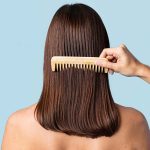
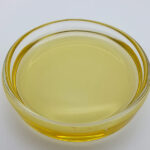





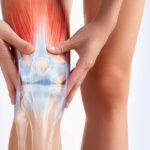
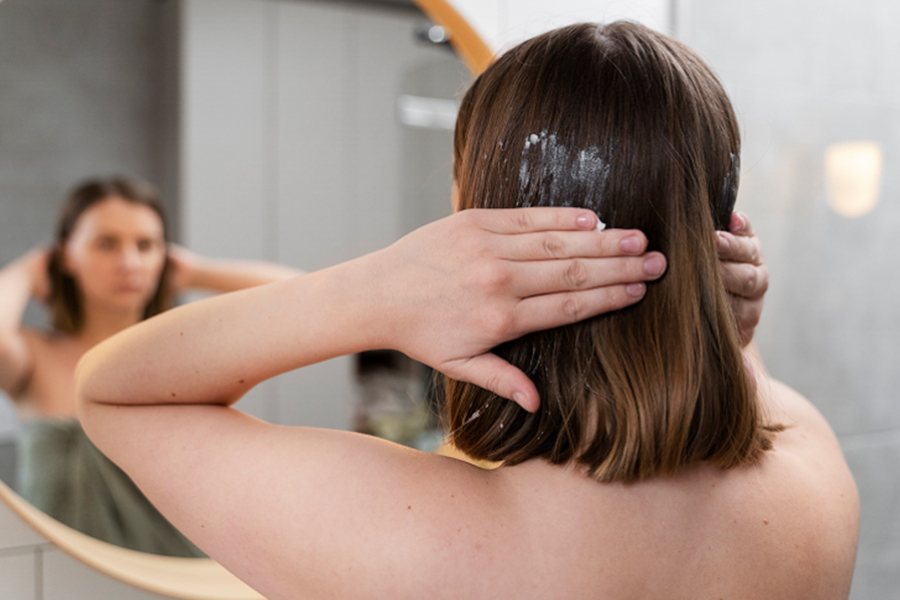


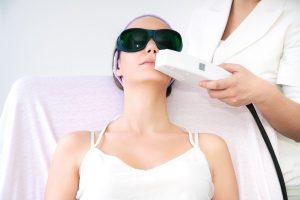






Add Comment